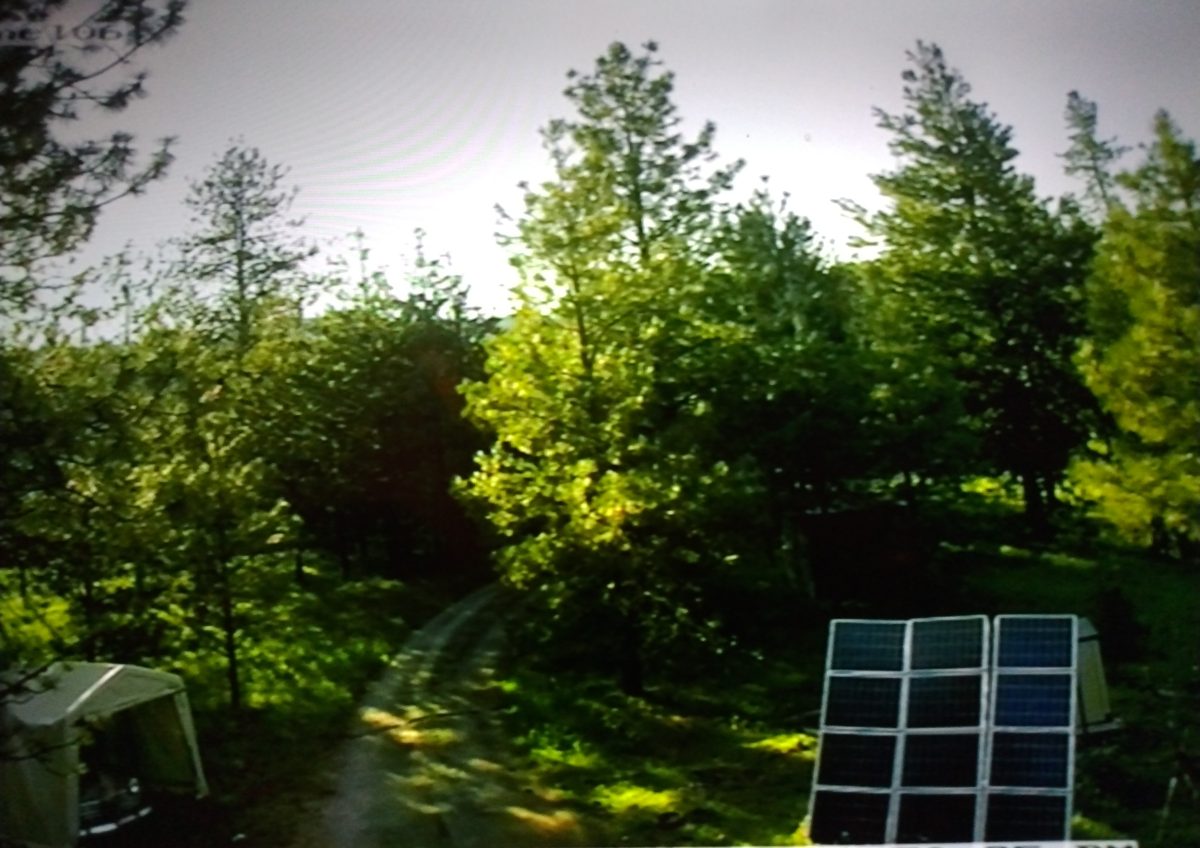It weighs two-hundred and twenty pounds, is green, was cheap, and sits outside our shed in pieces. It was supposed to break rocks into pieces – not itself. It’s Bill, our new rock crusher.
As an amateur gold prospector, I got tired of hand-crushing rocks. It gets old fast – believe me. Gold doesn’t always come in nuggets that you find in creeks, rivers and beaches: sometimes you have to pry it from the rock itself.
This is what we bought Bill for: to process gold ore.
I had an assay done on some ore from our property a few months back that came back at 14 grams of gold per ton of rock and 15 of silver. That’s not the mother lode but it’s not bad, either.
The problem is getting the gold out of the rock – especially if it’s disseminated throughout in tiny particles. You have to crush a lot of rock in order to smelt the precious metals out (heat the ore with flux in a furnace to extract the precious metals).
I needed a more efficient way to get the job done so I went to Amazon and ordered Bill.
He was born in China and traveled a long way to get to us. He arrived in a sturdy wooden crate that looks a lot like the box that held The Ark Of The Covenant in Raiders Of The Lost Ark. At least the box was well made.
We met the delivery guy in town to pick Bill up and it turns out that the guy’s father is a preeminent geologist. This is a good sign, we thought. We were wrong.

After hauling him home, the whole family wrestled Bill onto several pallets I’d screwed together to make a table. He was to stay in his crate for safety reasons (a spinning flywheel with no guard, for one). Then we discovered Bill didn’t have a plug.
After some research and a couple of calls to electricians, we determined Bill would work on a North American electrical system. He would run a bit fast, but run he would. We installed a plug and everything went fine until we fed some wet material through him.
The info I’d read said this was OK but believe me, it isn’t! The finely crushed material mixed together with the water to make a nice cement-like paste and gummed the machine up.
Two hours of cleaning later, we started Bill up again only to discover his adjustment knob had sheered off. This is the part that allowed us to set how finely we wanted the rock crushed. Without that function, we were once again dead in the water.
I think it was poor workmanship and materials that led to the failure. Several screws also vibrated loose which caused a metal piece in the feeder to bend and get jammed full of rocks. Another two bolts came out altogether and when I tried to tighten them, I realized they weren’t long enough to seat.

It was time to contact Amazon and the seller.
This evening, Bill sits partially dismantled and I’m in negotiations with a company across the world about how much of a refund to agree to with some parts thrown in.
And I’m back at it with the sledge hammer.































